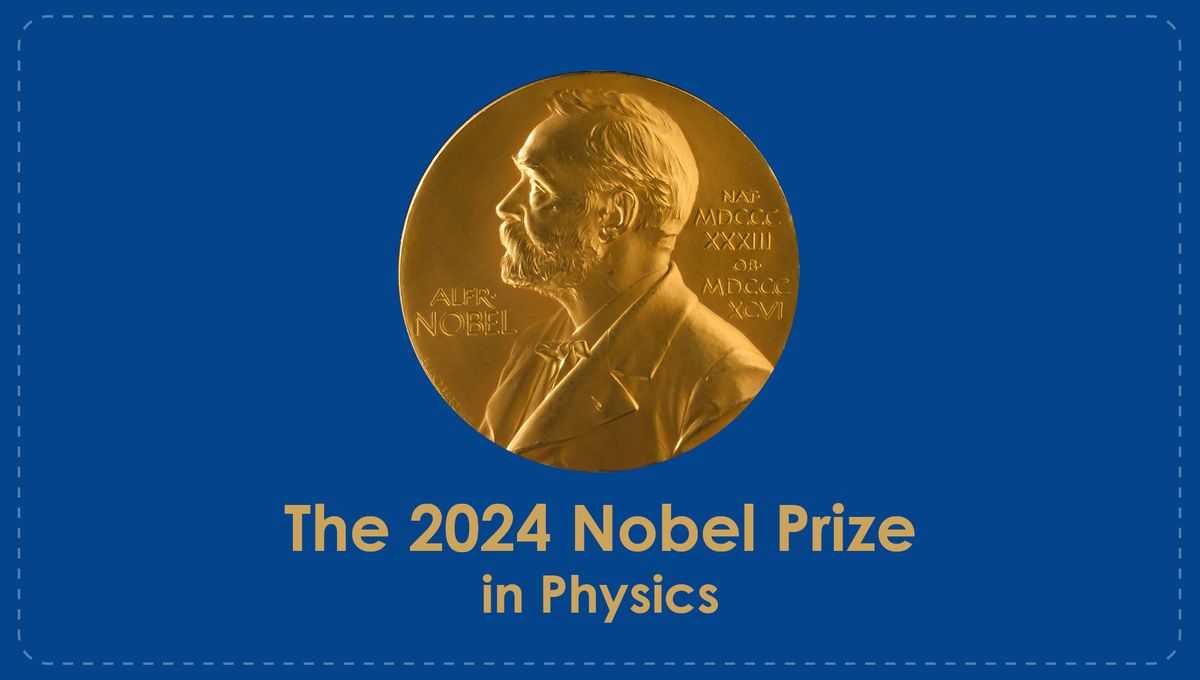
The winners of the 2024 Nobel Prize in Physics are John Hopfield and Geoffrey Hinton, with the Nobel Committee awarding them the prestigious prize “for foundational discoveries and inventions that enable machine learning with artificial neural networks.” Their work has been crucial to the development of artificial intelligence. The prize is worth 11 million Swedish kronor (around 1 million US dollars at the time of publishing), which will be shared equally among the two.
The name artificial intelligence (AI) when it comes to current technology is a bit of a misnomer – these algorithms are not truly “intelligent” in the same way a human is. Rather, they have the ability to learn and produce results using statistical analysis based on the material they have been trained with.
These algorithms are often created using artificial neural networks. As the name implies, these were inspired by the brain. They have nodes like synapses, and just like our brains, these nodes can be made stronger or weaker, and they can be trained.
The laureates have conducted foundational work in the development of artificial neural networks over the last four decades. The Hopfield network was developed to save and recreate patterns and can be used to find the closest match between two images. Hinton employed the Hopfield network to go a step forward. Using his Boltzmann machine, he was able to use the network to recognize a pattern or even to create a new one based on the patterns it was trained upon.
“The laureates’ work has already been of the greatest benefit. In physics we use artificial neural networks in a vast range of areas, such as developing new materials with specific properties,” Ellen Moons, Chair of the Nobel Committee for Physics, said during the press conference.
The scientific applications for machine learning algorithms are vast, from recognizing diseases before they become dangerous and deadly, to classifying enormous amounts of data in a quick and consistent manner. Most of the public conversation on AI focuses on the commercial side, their impact on the environment (such as their use of water and alarming carbon footprint), and the spread of fake images – but there is a lot of good potential too.
Source Link: Nobel Prize In Physics Goes To Two "Founding Fathers" Of Artificial Intelligence